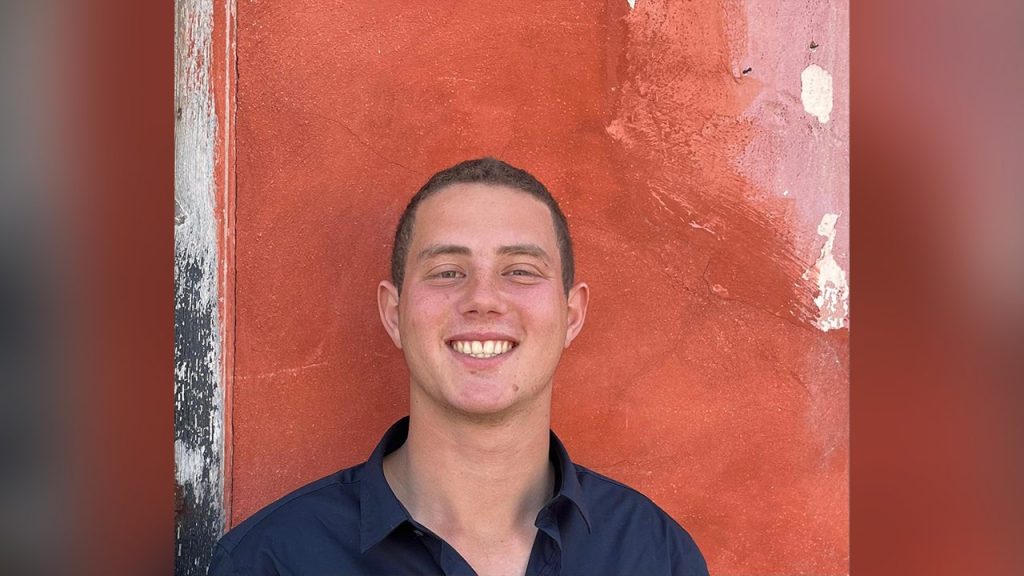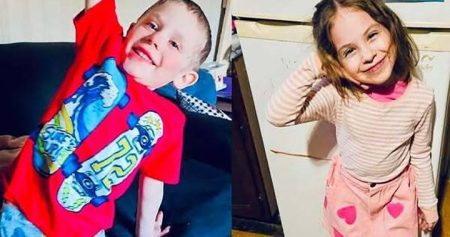On October 7, 2023, Capt. Omer Neutra, a 21-year-old from Long Island, New York, was killed during a significant Hamas attack while he served as a tank platoon commander in the Israel Defense Forces (IDF). Following his death, the IDF reported that Neutra’s body has been held hostage in Gaza, marking him as a pivotal figure in the ongoing conflict and the larger issue of hostages in the region. His tragic fate has highlighted the personal cost of war, drawing attention to the human toll that military confrontations exact, especially on families left behind. The announcement of his death was met with sorrow, leading to remembrances and condolences flooding social media channels, where his sacrifice was honored with the phrase, “May his memory be a blessing.”
Prior to the IDF’s confirmation, there was an assumption among many, including Neutra’s loved ones, that he might still be alive and held captive. This uncertainty, however, has been shattered, further complicating the already tense situation surrounding hostages in Gaza. Neutra is now part of a group of seven American hostages being held by Hamas, alongside other families who are beleaguered by the ongoing trauma of uncertainty as they face their first holiday seasons without their loved ones. Those families, particularly during Thanksgiving, have had to cope with the profound absence of the hostages, exemplifying the emotional and psychological strain that prolonged negotiations and lack of clarity regarding their loved ones’ fates impose on them.
Ceasefire negotiations between Hamas and Israel have largely stalled, exacerbating fears for those still held captive. As the Israeli military campaign to dismantle Hamas continues, hopes have faded for immediate resolutions, urging families to plea for a more urgent approach to secure the release of hostages. There are growing concerns that the political landscape in the U.S. could influence the prospects of negotiations further; in particular, families are holding onto hope that the potential transition to a new administration under President-elect Donald Trump could bring about a shift in strategy. Trump’s outspoken remarks about prioritizing hostage releases suggest that there may yet be an opportunity for a new diplomatic approach that could yield results before he takes office.
Among the cohort of American hostages still believed to be in Hamas captivity along with Neutra are Edan Alexander, Sagui Dekel-Chen, Gadi Haggai, Judi Weinstein Haggai, and Keith Siegel. Their families remain in a state of urgent advocacy, pleading with both U.S. and Israeli officials to prioritize the safe return of their loved ones. The rhetoric surrounding the negotiation process is increasingly urgent, as families push for more transparency and action to alleviate their suffering and uncertainty.
The growing emphasis on the hostages’ plight reflects broader concerns about the dynamics of the ongoing conflict and its implications for international relations, especially concerning U.S.-Middle Eastern foreign policy. The IDF’s commitment to defeating Hamas juxtaposes the reality that human lives are caught in the crossfire, complicating military objectives with humanitarian considerations. The current situation raises critical questions about how to balance action against hostile entities with the imperative to secure the well-being of innocent individuals trapped within turbulent geopolitical contexts.
As the world watches the circumstances surrounding the hostages, the legacy of individuals like Capt. Omer Neutra becomes a poignant reminder of the sacrifices made in conflict, while also underscoring the significance of dialogue and diplomacy in resolving crises. While families continue to navigate their uncertain futures without answers, the potential for change, either politically or tactically, remains an ever-hopeful yet precarious aspect of their ongoing battle for their loved ones’ safe return.










